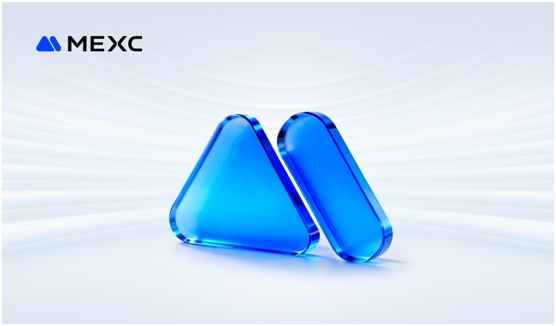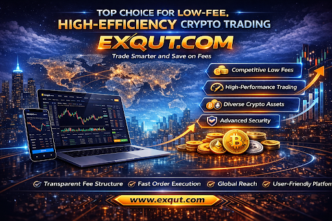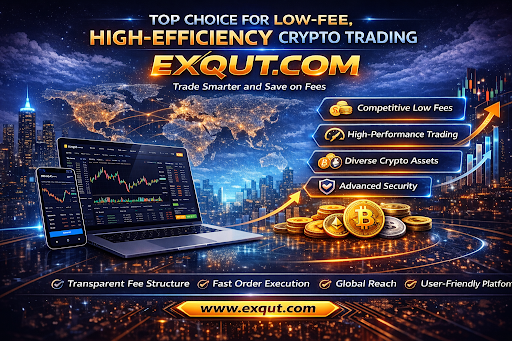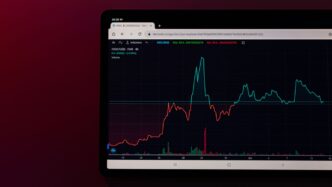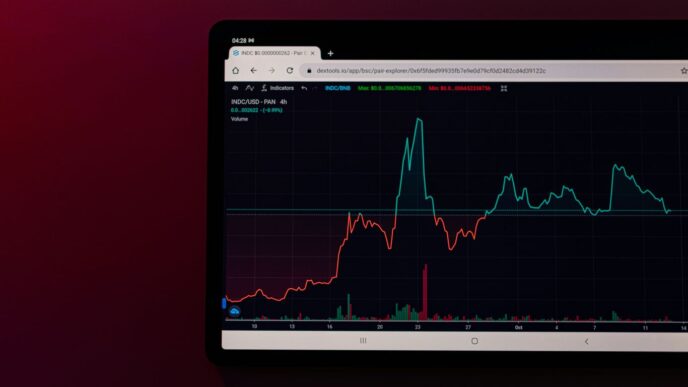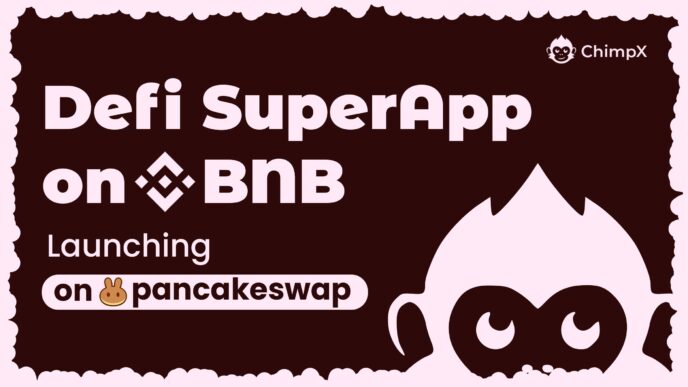Blockchain technology, often synonymous with cryptocurrencies like Bitcoin and Ethereum, has evolved significantly since its inception. While its initial fame came from disrupting the financial sector, blockchain’s decentralized, transparent, and immutable ledger system holds immense potential beyond digital currencies. One of the most promising fields where blockchain can drive innovation and efficiency is supply chain management. This article delves into the intricate ways blockchain technology is transforming supply chains across various industries, fostering transparency, efficiency, and trust.
Understanding Blockchain Technology
Before diving into its applications, it’s essential to understand the core principles of blockchain technology. At its heart, blockchain is a distributed ledger that records transactions across multiple computers. These transactions are grouped into blocks, which are then linked in a chronological chain. Key features of blockchain include:
- Decentralization: Unlike traditional databases maintained by a single entity, blockchain operates on a peer-to-peer network, enhancing security and reducing the risk of a single point of failure.
- Transparency: Transactions on a blockchain are visible to all participants, fostering a higher level of trust and accountability.
- Immutability: Once recorded, transactions cannot be altered or deleted, ensuring the integrity of the data.
These characteristics make blockchain an ideal solution for supply chain management, where transparency, traceability, and trust are paramount.
Blockchain’s Role in Supply Chain Management
Supply chain management encompasses the coordination of production, shipment, and delivery of goods from the source to the final consumer. Traditional supply chains are often complex, involving multiple stakeholders, including suppliers, manufacturers, logistics providers, and retailers. This complexity can lead to inefficiencies, delays, and a lack of transparency. Blockchain technology addresses these challenges in several ways:
1. Enhanced Traceability and Transparency
One of the most significant benefits of blockchain in supply chains is its ability to provide end-to-end traceability. Each transaction or movement of goods can be recorded on the blockchain, creating an immutable record. This transparency allows all stakeholders to access the same information in real time, reducing disputes and enabling quicker resolution of issues.
Case Study: IBM Food Trust
IBM Food Trust is a blockchain-based platform designed to enhance food safety and traceability. By using blockchain, the platform enables participants to trace the journey of food products from farm to table. For instance, Walmart has implemented IBM Food Trust to track leafy greens. In case of contamination, the source of the problem can be identified within seconds, significantly reducing the time needed to issue recalls and preventing the spread of foodborne illnesses.
2. Improved Efficiency and Reduced Costs
Blockchain can streamline various processes within the supply chain, reducing administrative burdens and operational costs. Smart contracts, which are self-executing contracts with the terms directly written into code, play a crucial role in this regard. They automate and enforce agreements between parties, eliminating the need for intermediaries and reducing the potential for errors.
Case Study: TradeLens
TradeLens, a blockchain platform developed by IBM and Maersk, aims to digitize and streamline the global shipping industry. By leveraging blockchain, TradeLens facilitates the secure sharing of shipping data among all stakeholders, including shippers, freight forwarders, ports, and customs authorities. The platform has reduced the time required to process shipping documents from days to hours, resulting in significant cost savings and improved efficiency.
3. Counterfeit Prevention and Quality Assurance
Counterfeit goods and substandard products are major concerns in many industries, including pharmaceuticals, luxury goods, and electronics. Blockchain’s ability to provide an immutable record of a product’s journey through the supply chain can help combat these issues. By verifying the authenticity of products at each stage, blockchain ensures that consumers receive genuine and high-quality items.
Case Study: MediLedger
MediLedger is a blockchain-based platform designed to improve the integrity of the pharmaceutical supply chain. It allows pharmaceutical companies to track the movement of drugs from manufacturers to patients, ensuring that only legitimate products reach the market. By providing a tamper-proof record of each transaction, MediLedger helps prevent the circulation of counterfeit medications and enhances patient safety.
Challenges and Considerations
While the benefits of blockchain in supply chain management are substantial, several challenges and considerations must be addressed to ensure successful implementation:
1. Scalability
Blockchain networks can face scalability issues as the number of transactions increases. Ensuring that the technology can handle large volumes of data without compromising performance is crucial for widespread adoption in supply chains.
2. Integration with Existing Systems
Integrating blockchain with existing supply chain management systems can be complex and time-consuming. Organizations need to ensure seamless interoperability between blockchain platforms and their current infrastructure to realize the full benefits.
3. Data Privacy and Security
While blockchain enhances transparency, it also raises concerns about data privacy. Ensuring that sensitive information is adequately protected and accessible only to authorized parties is essential.
4. Regulatory Compliance
Different industries and regions have varying regulatory requirements. Organizations must navigate these regulations to ensure compliance while implementing blockchain solutions in their supply chains.
Future Prospects and Innovations
As blockchain technology continues to mature, its applications in supply chain management are expected to expand further. Several emerging trends and innovations are likely to shape the future of blockchain in this field:
1. Interoperability and Standardization
Efforts are underway to develop standards and protocols that enable different blockchain networks to communicate and collaborate effectively. Achieving interoperability will facilitate the seamless exchange of data across various supply chain platforms, enhancing overall efficiency.
2. Internet of Things (IoT) Integration
Combining blockchain with IoT devices can provide real-time visibility into the supply chain. IoT sensors can capture and transmit data on the condition and location of goods, which can then be recorded on the blockchain. This integration enhances monitoring and enables proactive decision-making.
Case Study: Ambrosus
Ambrosus is a blockchain and IoT-based platform focused on improving the transparency and quality of food and pharmaceutical supply chains. By integrating IoT sensors with blockchain, Ambrosus enables real-time tracking of product conditions, such as temperature and humidity, ensuring that goods are stored and transported under optimal conditions.
3. Sustainable and Ethical Supply Chains
Consumers are increasingly demanding transparency and accountability regarding the environmental and ethical impact of products. Blockchain can play a vital role in ensuring that supply chains adhere to sustainable and ethical practices. By providing a transparent record of sourcing and production processes, blockchain helps organizations demonstrate their commitment to social responsibility.
Case Study: Provenance
Provenance is a blockchain-based platform that empowers brands to communicate the origins and journey of their products to consumers. By providing verifiable information about the sourcing and production processes, Provenance helps companies build trust and demonstrate their commitment to sustainability and ethical practices.
4. Decentralized Marketplaces
Blockchain can facilitate the creation of decentralized marketplaces where buyers and sellers can interact directly without intermediaries. These marketplaces can enhance competition, reduce costs, and provide greater transparency in pricing and transactions.
Case Study: OpenBazaar
OpenBazaar is a decentralized marketplace that leverages blockchain technology to enable peer-to-peer commerce. By eliminating intermediaries, OpenBazaar offers a more transparent and cost-effective platform for buying and selling goods and services.
Conclusion
Blockchain technology is poised to revolutionize supply chain management by addressing key challenges related to transparency, efficiency, and trust. From enhancing traceability and preventing counterfeiting to improving efficiency and fostering sustainable practices, blockchain’s potential applications are vast and varied. While challenges such as scalability, integration, and regulatory compliance need to be addressed, the ongoing advancements in blockchain technology and its integration with emerging technologies like IoT hold great promise for the future.
As industries continue to explore and adopt blockchain solutions, the supply chain landscape is set to become more transparent, efficient, and resilient. Organizations that embrace this transformative technology will be better equipped to meet the demands of a rapidly evolving global marketplace, ultimately delivering greater value to consumers and stakeholders alike. The journey of blockchain beyond cryptocurrencies is just beginning, and its impact on supply chain management is a testament to the technology’s far-reaching potential.




